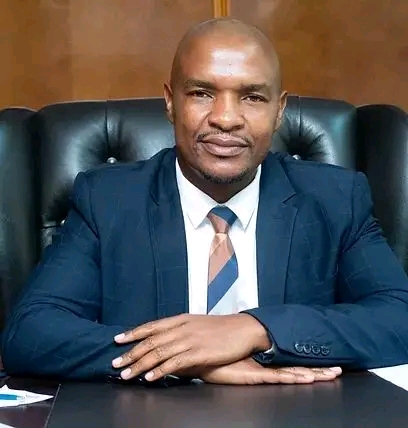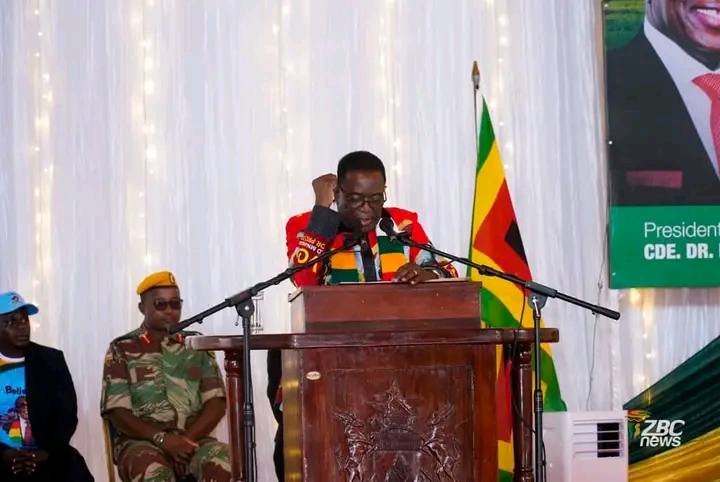
Former Deputy Minister of Higher and Tertiary Education Simelisizwe Sibanda
By George Swarei
Harare, Zimbabwe – July 2, 2024 – Honourable Simelisizwe Sibanda, the former Deputy Minister of Higher and Tertiary Education, issued a public apology today following widespread criticism over his recent comments regarding a teacher’s language proficiency, which were perceived as tribalistic.
In his statement, Sibanda acknowledged that his approach to addressing the teacher’s language skills was inappropriate and misguided. He expressed regret that his actions may have perpetuated tribal divisions, stating, “I take full responsibility for my actions and acknowledge that my approach was wrong.”
Sibanda emphasized that his intentions were focused on ensuring quality education for children but admitted that his method of raising the issue was flawed. “As a national leader, I should have addressed this issue through appropriate channels, avoiding public platforms that may have fueled the tribal connotations,” he said.
The former deputy minister apologized to the public, particularly the teaching community, and reiterated his commitment to the nation’s unity and development. He also extended his apologies to the leadership and members of ZANU PF, the ruling party, expressing regret for any harm caused by his actions.
“I understand the party’s values of unity and inclusivity, and I regret any harm caused by my lack of judgment,” Sibanda stated. He expressed his gratitude to the Ministry of Higher and Tertiary Education, Innovation, Science, and Technology Development, and to President Emmerson Mnangagwa for the opportunity to serve in his administration.
Sibanda concluded his apology by reaffirming his dedication to the nation’s progress and Vision 2030, Zimbabwe’s developmental agenda. “I hope that the public will accept my sincere apologies and recognize my commitment to our nation’s unity and progress,” he said, adding his determination to learn from this experience and grow as a leader.
The statement comes amid a growing national discourse on tribalism and inclusivity, highlighting the ongoing challenges and sensitivities surrounding these issues in Zimbabwean society.

